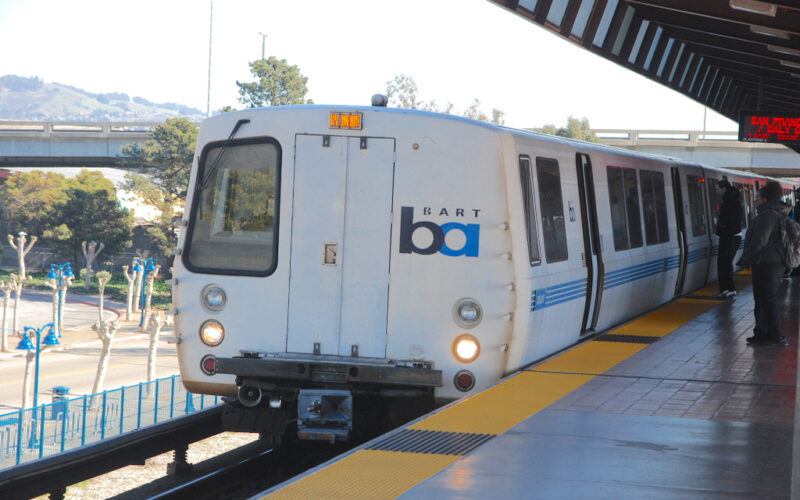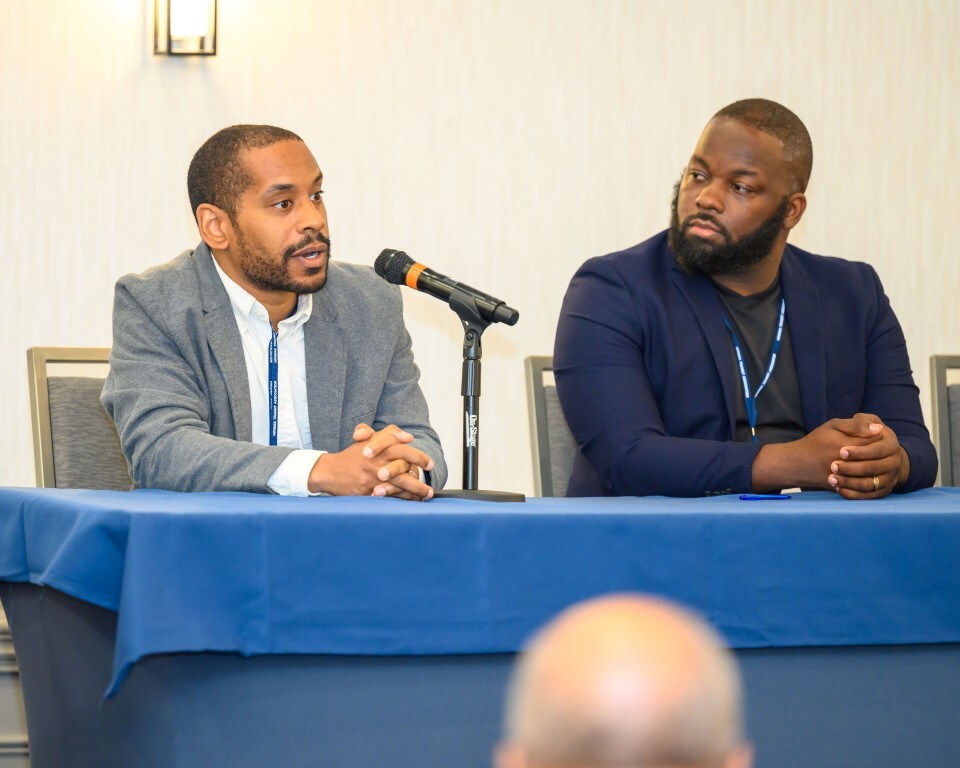We need institutions that are change agents, working in collaboration with communities to achieve climate and equity goals.
It’s essential that government agencies meet the opportunities created by the IIJA and other funding sources with transportation projects that can demonstrate measurable equity and climate outcomes. While the federal government establishes much big-picture policy, most of the detailed decision-making and implementation is ceded to state and local transportation departments and agencies. As such, these institutions are a needed focus for reform efforts.
The barrier to success isn’t a lack of technical knowledge; it is a matter of politics and people. Like many other sectors, the transit industry is currently situated in the long shadow of policies designed to shrink and weaken the public sector. This steady erosion has significantly impacted transit agencies’ ability to deliver on their mission of providing fast, frequent, and reliable transit. Funding mechanisms deprive transit of the support it needs as an essential public service that benefits all – even those who don’t use it. A bias favoring highway and road spending further engrain transportation systems that contribute to climate change and reinforce oppressive systems.
Many of these critical decisions about mobility and access are entrusted to those who do not reflect (or consult) the diversity of riders, constituents, and communities most affected. To create better transportation and transit systems and achieve equitable outcomes, we need more representative leadership and stronger equity-centric metrics and practices so that projects are prioritized that are community-originated and centered. Additionally, the ability to deliver good service is being hurt by a shortfall in the transit workers in the central office and the frontline. Transit has provided some of the best working-class jobs in America, operating and repairing buses and trains, making the parts, and laying track or street improvements. Over the last 30 years, transit jobs – like many public sector jobs – have been similarly weakened by the lack of government funding and regressive local policies. Without better strategies and more significant investments in the workforce – both in the central office (administrative, planning, finance, operations) and those who work on the frontlines – it will fail to attract the workforce it needs to operate and evolve.
 Transit’s Looming Fiscal Cliff: How Bad is it and What Can We Do?
Transit’s Looming Fiscal Cliff: How Bad is it and What Can We Do?
Many transit agencies are facing looming budget shortfalls as federal relief money dries up and ridership has stabilized well below pre-COVID levels. Now is the moment to completely rethink how we fund transit.
Read More Transit Riders Should Have the Same Benefits as Drivers in the U.S. Tax Code
Transit Riders Should Have the Same Benefits as Drivers in the U.S. Tax Code
It’s beginning to become an annual tradition. Millions of Americans once again will see the monthly limit of their pre-tax...
Read MoreQuick: What community has built more rail transit than any other in the country in the past 15 years –...
Read More